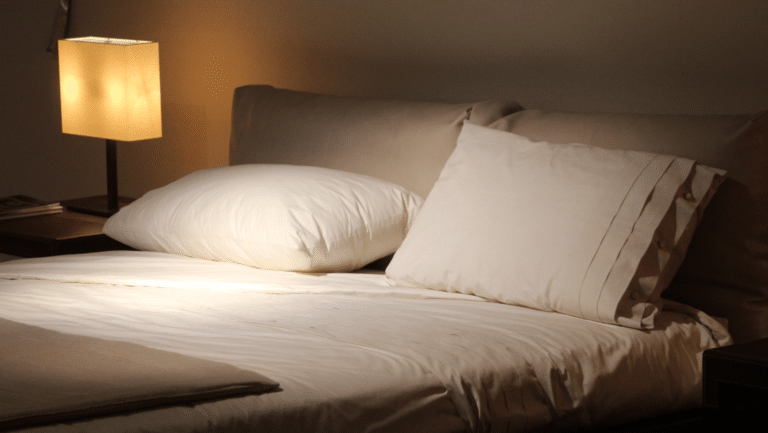As healthcare providers, medical staff are often the first line of defence against seasonal diseases. With winter bringing a surge in illnesses like the common cold and flu, it becomes essential for healthcare workers to fortify their immune systems. This blog will explore actionable ways to boost your immunity during the colder months.
A strong immune system is vital to resist pathogens and mitigate the severity of illnesses. This is particularly crucial for medical staff, who are often exposed to various disease-causing microorganisms. With a strong immune system, healthcare providers can ensure their own health and safety while continuing to care for patients effectively.

One of the primary ways to enhance immune health is through balanced nutrition. Incorporating immune-boosting ingredients in your diet can significantly improve your body’s ability to ward off diseases. Foods rich in vitamins C and E, zinc, selenium, and probiotics support the immune system by enhancing the body’s natural defence mechanisms. For example, citrus fruits, bell peppers, nuts, seeds, shellfish, yoghurt, and fermented foods can be included in daily meals.

Sleep is a cornerstone of immunity, as it allows the body to repair and regenerate cells, including immune cells. Aiming for 7-9 hours of quality sleep each night can help bolster the immune system and reduce susceptibility to illnesses.

Exercise boosts immunity by promoting better circulation, which allows immune cells and substances to move through the body more efficiently. While strenuous exercise can suppress the immune system, moderate-intensity activities such as brisk walking, cycling, or yoga can enhance immune function.

Chronic stress can impair the immune system’s response to pathogens. Mindfulness practices, including meditation, deep-breathing exercises, and yoga, can help manage stress and support immune health.
The high-stress and high-risk environment of healthcare during the winter can challenge the immune systems of medical professionals. By implementing these strategies into your daily routine, you can reinforce your immunity and safeguard your health. This, in turn, ensures that you can continue to provide the highest level of care for your patients.
References
Calder, P.C. (2020). “Nutrition, immunity and COVID-19.” *BMJ Nutrition, Prevention & Health*, 3, 74-92.
Besedovsky, L., Lange, T., & Haack, M. (2019). “The Sleep-Immune Crosstalk in Health and Disease.” *Physiological Reviews*, 99(3), 1325-1380.
Nieman, D.C., & Wentz, L.M. (2019). “The compelling link between physical activity and the body’s defense system.” *Journal of Sport and Health Science*, 8(3), 201–217.
Black, D.S., & Slavich, G.M. (2016). “Mindfulness meditation and the immune system: a systematic review of randomized controlled trials.” *Annals of the New York Academy of Sciences*, 1373(1), 13–24.